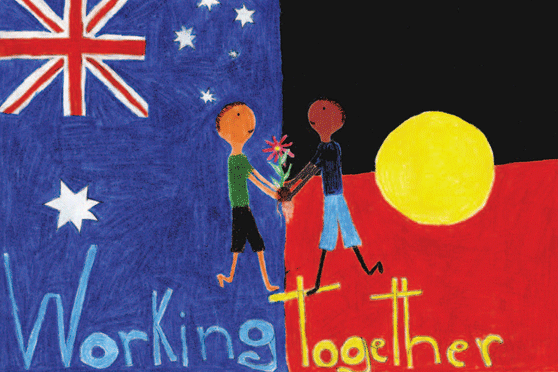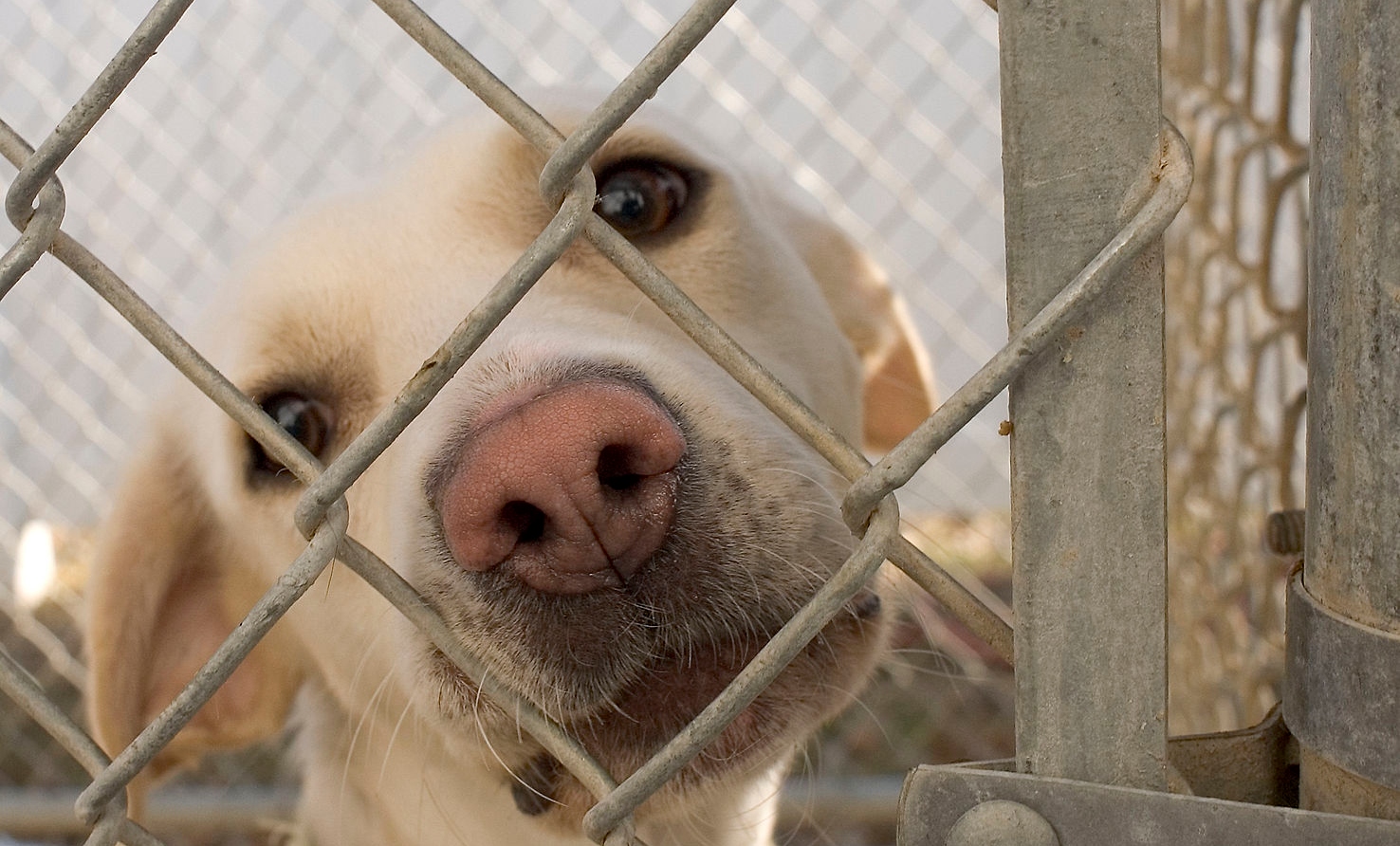

BY GEORGIA CLARK
Hundreds of Indigenous Australians took the helm last week to demand long awaited recognition in Australia’s constitution. An APRA event held in Redfern on Tuesday hosted Indigenous-led discussions around recognition, in the lead up to national Reconciliation Week.
Recognise Campaign Director Mark Yettica-Paulson led a panel speaking at the event this week. He said previous recommendations made by the Expert Panel on Constitutional Recognition in 2012 were not responded to by the Gillard Government or successive governments. Despite this, Mr Yettica-Paulson says that discussions will continue in the hope of facilitating change.
“Despite the fact there hasn’t been a formal response, Recognise has continued its role of raising awareness of the issues and principles outlined in these reports,” he said.
Waverley Councillor Dominic Wy Kanak said institutional racism, such as that in the Constitution, is one of the main struggles of First Nations People and could be improved through the assertion of unceded sovereignty.
“A healing of some part of the First Nations Peoples’ intergenerational trauma from invasion , dispossession and racism,” he said.
The Constitution underpins the foundations of our society – the heads of power of Parliament, the judiciary and the fundamental rights of all Australians. Yet it omits any reference to our First People and their 50,000 years of occupation prior to colonisation. Instead, under s. 51(xxvi) it permits laws to be made for other races, and this power extends to their detriment as well as benefit. While 90% of Australians voted in favour of recognition Indigenous Australians in our Constitution more than 40 years ago, reform is a slow process.
But according to the City of Sydney, Reconciliation Australia Board Director Kirstie Parker, the 1967 referendum was and still remains the most successful referendum in Australian history.
“The 1967 referendum anniversary shows us what we can achieve when Australia collectively works together towards a unified goal. It also reminds us how much we are still yet to do towards achieving a truly reconciled Australia.”
But the Australian Monarchists League said it is keeping a close watch on constitutional amendments that involve changes to Parliamentary processes.
“The League believes it is important to ensure that the supremacy of the Parliament is not affected by the inclusion of an elected assembly which may have power to question the decisions of the Parliament,” they said.
The Law Council of Australia last week submitted its recommendations to the Referendum Council’s Discussion Paper. Fiona McLeod SC, President of the Law Council of Australia said that the Referendum Council has been critical in supporting dialogue around reform.
“The Law Council has long held that the Australian Constitution should formally recognise the distinct identities of the Aboriginal and Torres Strait Islander peoples and secure them equality before the law,” she said.
Despite garnering support and attracting the attention of media in recent years, amending the Constitution is a slow process that requires public consensus. But according to Mr Yettica-Paulson, reform is crucial to closing the gap between Indigenous and non-Indigenous Australians.
“Constitutional recognition will unite Australians, giving us greater shared pride and deeper connection with our country’s impressive Indigenous heritage,” he said.
According to Ms McLeod, constitutional reform should be a national priority, given the PwC report showing that the Australian economy could save $19 billion annually by 2040 if it closes the gap between Indigenous and non-Indigenous incarceration.
“There remains a critical need to address the widening justice gao. Indigenous incarceration rates are continuing to rise and all governments share responsibility,” she said.
Reconciliation Week was also marked by the Uluru Convention, which saw hundreds of Indigenous Australians gathered at the famous rock to discuss historic reforms to the document.
The Uluru Convention marked a watershed moment, as 300 Aboriginal and Torres Strait Islanders gathered at Uluru to discuss constitutional reforms, voting in favor of not just recognition, but the founding of a representative body and a process towards initiating treaties.
The Uluru Statement from the Heart, which was the result of three days of deliberations, said that drastic reforms are needed to close the gap between Indigenous and non-Indigenous Australians.
“When we have power over our destiny, our children will flourish. They will walk in two worlds and their culture will be a gift to their country,” the statement said.
The Convention marked the culmination of 12 different discussions around the nation, and the first of a series of efforts to let Indigenous people lead discourse around reform. The event sparked local discussions across Australia.
Mr Yettica-Paulson said that the Uluru Convention sought to facilitate Indigenous-led reform, as opposed to most attempts which are spearheaded by white Australian politicians.
“The Uluru Statement is really important for the Aboriginal and Torres Strait Islander voice to be heard in this broad political climate. It’s also important because it raises concerns and issues and matters that we’ve been talking about and progressing for decades,” he said.
Mr Wy Kanak said that in the wake of Reconciliation Week, focus still needs to be placed on ensuring discussions around constitutional reform are led by Indigenous Australians.
“Uluru highlighted [the lack of Indigenous involvement in discourse], but more reform and proper First Nation involvement still needs to occur,” he said.
The recommendations of the Uluru Convention and the Referendum Council are due to be presented to the Prime Minister and Leader of the Opposition by the 30 June 2017. But the Turnbull Government has not yet identified how it will implement the recommendations.









